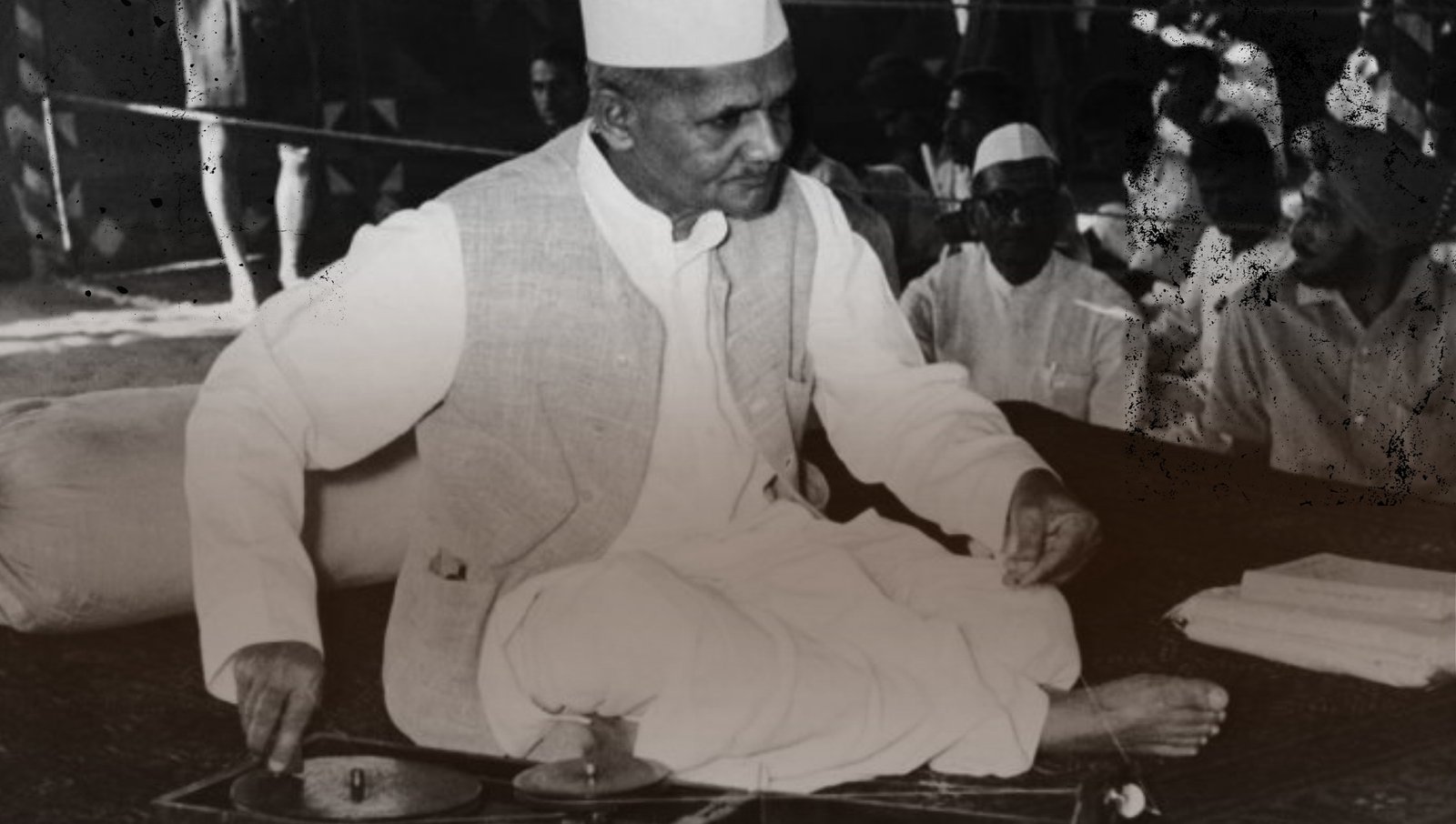


He is the man credited with bringing in White Revolution in the country, as well as promoting the Green Revolution. His slogan Jai Jawan, Jai Kissan resonates even today. Lal Bahadur Shastri, the second prime minister of India, had a vision for a new Independent India and he worked with utmost dedication towards realising those dreams.
As the country celebrates the 118th birth anniversary of this statesman (a birth date he shares with his mentor, Mahatma Gandhi), we remember him for his contributions, high moral values and the ethical benchmarks set by him.
Two variations to his slogan – the first, Jai Jawan, Jai Kissan, Jai Vigyan given by Atal Bihari Vajpayee and the other, Jai Jawan, Jai Kissan, Jai Vigyan, Jai Anusandhaan given very recently by Narendra Modi – actually depict India’s focused growth and development over time.
Born in a modest Mughalsarai family, Shastri began his quest to serve the nation at a tender age of 16 by joining Mahatma’s call for non-cooperation. Even though the tag ‘Shastri’ stuck to him, he held a bachelor’s degree from Vidya Peeth.
Shastri remained true to his ideals, whatever the situation. In 1927, when he married Lalita Devi, his dowry comprised a spinning wheel and a few yards of handspun cloth. The bridegroom would accept nothing more.
Shastri understood and believed in the strength of mind. He resigned as the Minister of Railways because he ‘felt responsible’ for a train accident that claimed numerous lives. The exceptional gesture was immensely appreciated by Parliament and the country. When Pt. Nehru addressed the event in Parliament, he praised Lal Bahadur Shastri’s integrity and high principles. Nehru stated that he was accepting the resignation to set an example of constitutional appropriateness, not because Lal Bahadur Shastri was in any way accountable for what had occurred.
Replying to a long debate on the Railway accident, Lal Bahadur Shastri had said; “Perhaps due to my being small in size and soft of tongue, people are apt to believe that I am not able to be very firm. Though not physically strong, I think I am internally not so weak.”
Lal Bahadur Shastri had more than thirty years of dedicated service behind him. During this time, he earned a reputation of being a man of great integrity and competence. He was a people’s person – one who understood their language and was humble and tolerant, with great inner strength and resoluteness. He was also a visionary who guided the country forward.
Mahatma Gandhi’s political teachings had a strong influence on Lal Bahadur Shastri. “Hard work is akin to prayer,” he once said, in an accent eerily similar to his mentor’s. Lal Bahadur Shastri embodied the best of Indian culture in the straight legacy of Mahatma Gandhi.
Shastri died under mysterious circumstances in Tashkent on 10 January 1966, where he had gone to sign a treaty that formally ended the Indo-Pakistan War of 1965. His death remains shrouded in mystery and several theories emerged. The official reason for his death was cited as a heart attack.
The time may have dimmed the memory of this great man and his unparalleled contributions in the minds of the youth, but he is remembered well by those aspiring to qualify for the country’s most prestigious civil services examination. The successful candidates go on to join the Lal Bahadur Shastri National Administration Academy (LBSNAA). The New Indian salutes the man who worked tirelessly to create a socialist democracy that India is today.